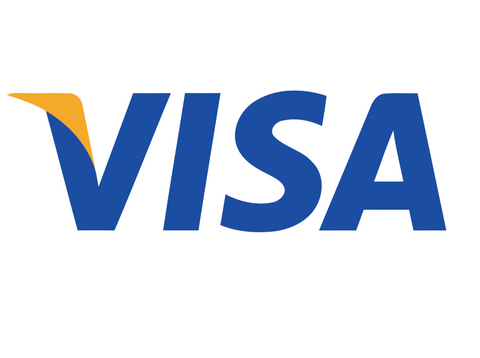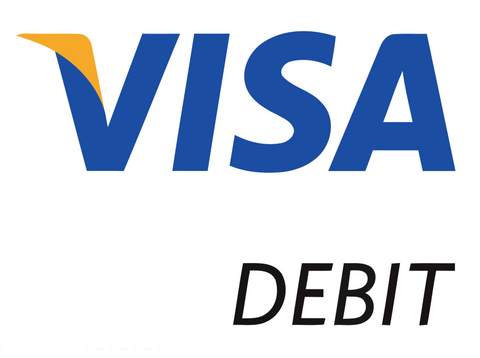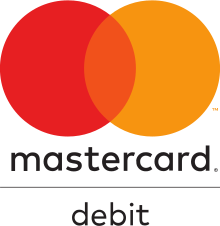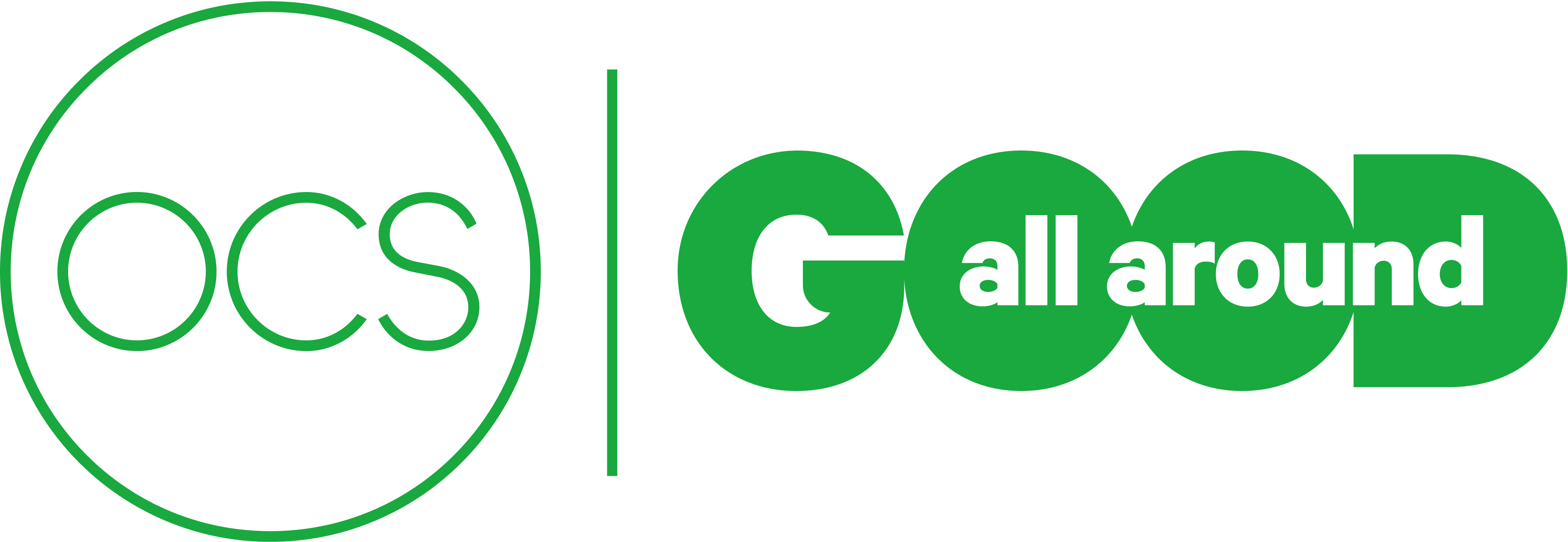Cannabis Basics
Hemp CBD vs. Cannabis CBD: What’s the Difference?
Interest in cannabidiol, or CBD, products is growing, but there is some confusion over whether CBD differs when it’s made from hemp or cannabis. Explore the variations between hemp and cannabis, and hemp- and cannabis-derived CBD.
Last updated January 23, 2024 | Published on October 4, 2019

Products containing cannabidiol, or CBD, are becoming increasingly popular — the non-intoxicating cannabinoid can be found in everything from edibles and beverages to vapes and topicals. However, there is some confusion over whether CBD differs when it is derived from hemp or cannabis.
Let’s break down the differences between cannabis and hemp and address some common misconceptions about the CBD compound.
Cannabis vs. hemp
Thousands of years ago, the plants we know as cannabis and hemp were all called hemp — the distinction between the two only came into use in the 20th century, and the definitions and regulations vary around the world.
Cannabis
Today, “cannabis” is an umbrella term for many different types of plants, including Cannabis sativa and Cannabis indica, that contain more than 0.3% tetrahydrocannabinol, or THC — a cannabinoid that produces a psychoactive effect, or “high.”
The leaves, flowering heads and other parts of cannabis plants are consumed for recreational or medical purposes.
Hemp
Also called “industrial hemp,” “hemp” refers to a specific type of Cannabis sativa that consistently contains no more than 0.3% THC in the leaves or flowering heads. This is an artibitrary number thought to have been proposed after a 1976 study. In other countries, the definition differs: In Switzerland, for example, hemp is defined as containing no more than 1% THC.
Originating in Central Asia, hemp is one of the oldest cultivated plants in the world, grown for many uses: the woody stalks can be made into textiles, rope, paper, bioplastics and more, and the seeds and their oil are edible. In Canada, there’s no limit to how much CBD hemp plants may contain.
What’s the difference between hemp and cannabis?
Hemp and cannabis are similar in appearance, and both contain CBD. The main difference is in their THC content: Hemp plants contain less than 0.3% THC by weight, while cannabis plants have more.
“Hemp” and “cannabis” are both terms for different strains of the same plant, Cannabis sativa — the difference is the amount of THC each contains
Hemp vs. cannabis: Safety and regulation
While hemp cannot produce the “intoxicating effect” typically associated with cannabis use, it’s still a highly regulated plant — hemp was banned worldwide in 1961 under the United Nations’ Single Convention on Narcotic Drugs. To allow industrial hemp and its products to be produced, sold, imported and exported, Canada created Industrial Hemp Regulations under the Controlled Drugs and Substances Act in 1998. As with cannabis, Licensed Producers require licenses from Health Canada to produce hemp, which also controls the marketing and the type of hemp strains they can grow.
CBD is a controlled substance in Canada, so the possession, production, distribution and sale of CBD — derived from either cannabis or hemp — and any products that contain it are controlled under the Cannabis Act and its regulations. Buying legal CBD means you can expect consistency and transparency around how the products are produced, manufactured and packaged.
How hemp and cannabis are used
Hemp and cannabis also differ in the ways they are used. Cannabis is commonly cultivated for recreational and medical consumption, specifically because of its THC content.
Hemp is used to make a variety of products, including:
- rope, textiles and paper
- building materials, including insulation, plastics and paints
- biofuels
- cosmetics and skincare products
- foods and nutritional supplements, including cooking oil and hemp seeds
- CBD-infused items, such as edibles, topicals and oils
Hemp-based rolling papers and wraps, capsules and more are all available on the legal market. Dried flower and pre-rolls can be produced from hemp plants too — since they’re the same plant, hemp grows buds just like cannabis.
Do hemp and cannabis produce different types of CBD?
In short, no. Whether it comes from hemp or cannabis, the CBD molecule remains the same.
Is hemp oil the same as hemp CBD oil?
You may wonder what the difference is between hemp CBD oil and hemp oil (also called hemp seed oil). They both come from the hemp plant, but from distinct parts: hemp oil is cold-pressed from the ripened seeds, while hemp CBD oil is produced by extracting the CBD from the leaves, stalks and flowering heads of the hemp plant and mixing it with a carrier oil, such as coconut-derived medium-chain triglyceride (MCT) oil.
Hemp oil is often marketed as food or a natural health product — you can drizzle it over finished dishes to add a nutty flavour — and is used in cosmetics and veterinary health products. In order to be exempt from the Cannabis Act, it cannot contain more than 10 parts per million of THC, and no phytocannabinoid, including THC and CBD, may be added or concentrated by processing.
How do I avoid confusing the two?
Here are some ways to distinguish between hemp oil and hemp CBD oil.
|
|
Hemp Oil / Hemp Seed Oil |
Hemp CBD Oil |
|---|---|---|
| Which part of the hemp plant does it come from? | Seeds | Leaves, stalks and flowers |
| How is it made? | By cold-pressing the seeds of the hemp plant | Using an extraction process, typically involving carbon dioxide |
| Does it contain CBD? | Potentially | Yes |
| Does it contain THC? | Potentially (no more than 10 parts per million) | Potentially — read the product label to be sure |
| What else is in it? | Nothing — just the oil of the hemp seed | The extracted CBD is often mixed with another plant-based oil, such as MCT, olive or grape seed oil |
| What is it used in? | Salad dressing, cosmetics, pet health products, paints and varnishes, plastic flooring, natural health products and more | Topical products, extracts (such as lozenges and oral sprays), edibles |
| Is it intoxicating? | No | No |
| What are the potential benefits? | Often marketed as a nutritional supplement, it’s said to boost your intake of essential fatty acids | Clinical trials are currently underway in Canada to explore the effectiveness of CBD in treating many conditions |
| What are some of the potential risks and effects? | Has a low flash point, so it’s unsuitable for frying; difficult to store (goes rancid quickly) | More research is needed to determine the risks and effects of long-term CBD use |







